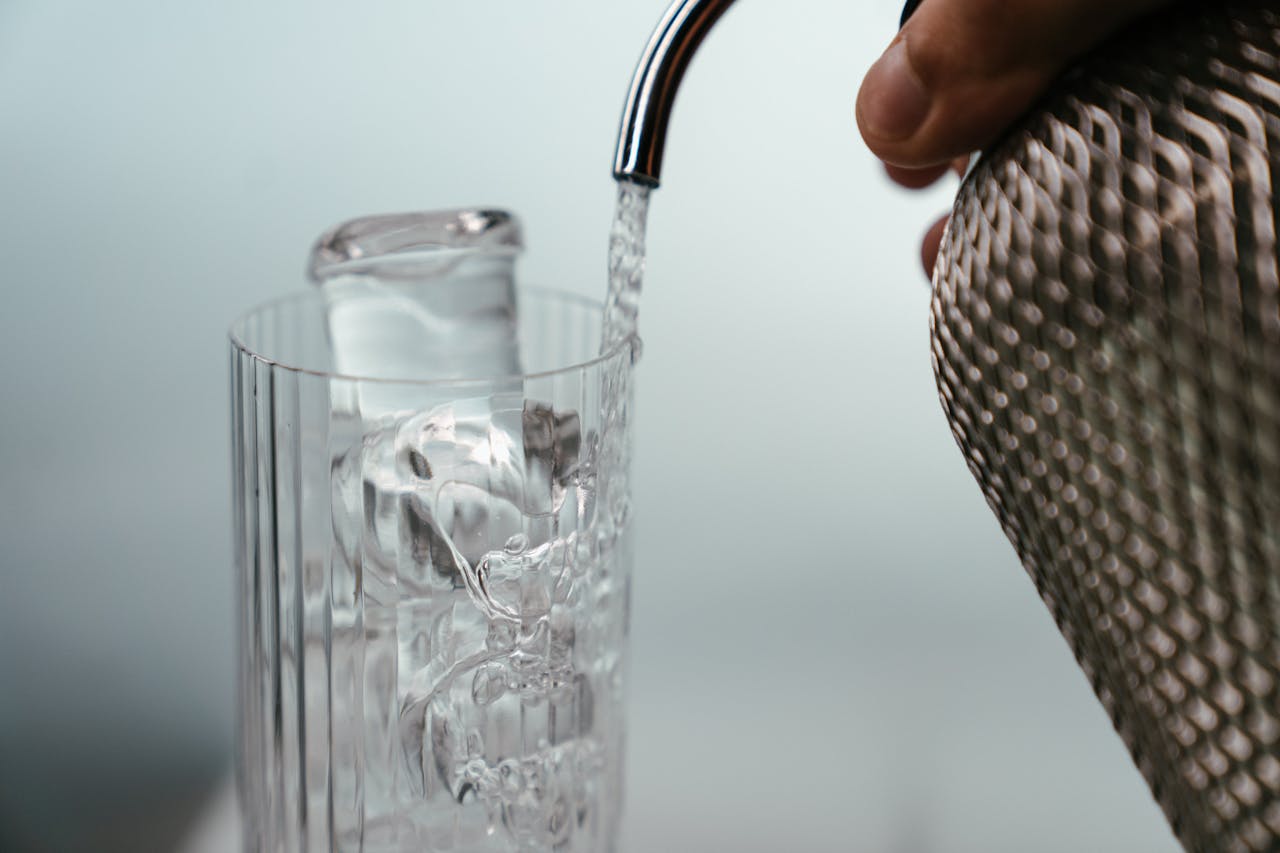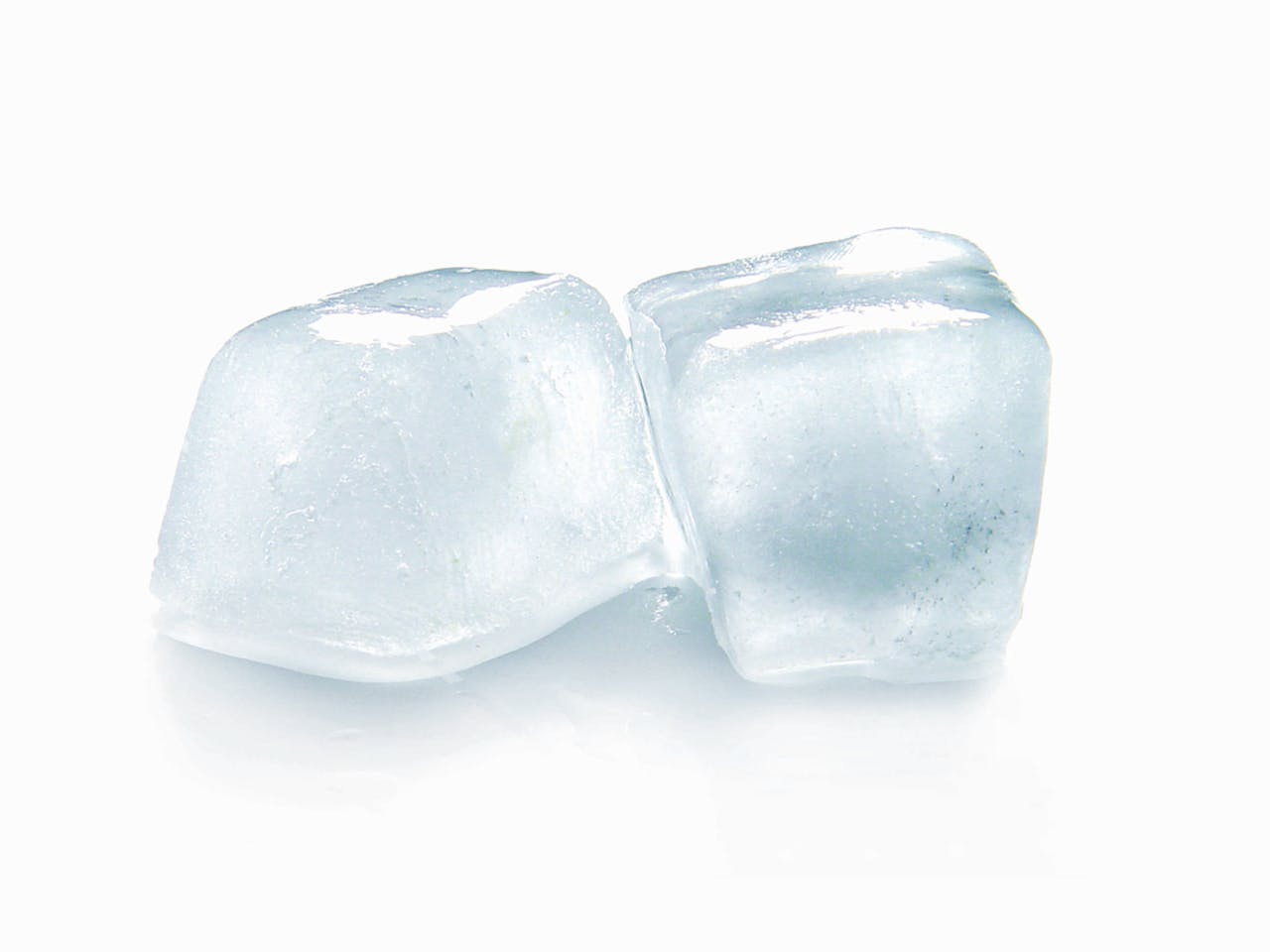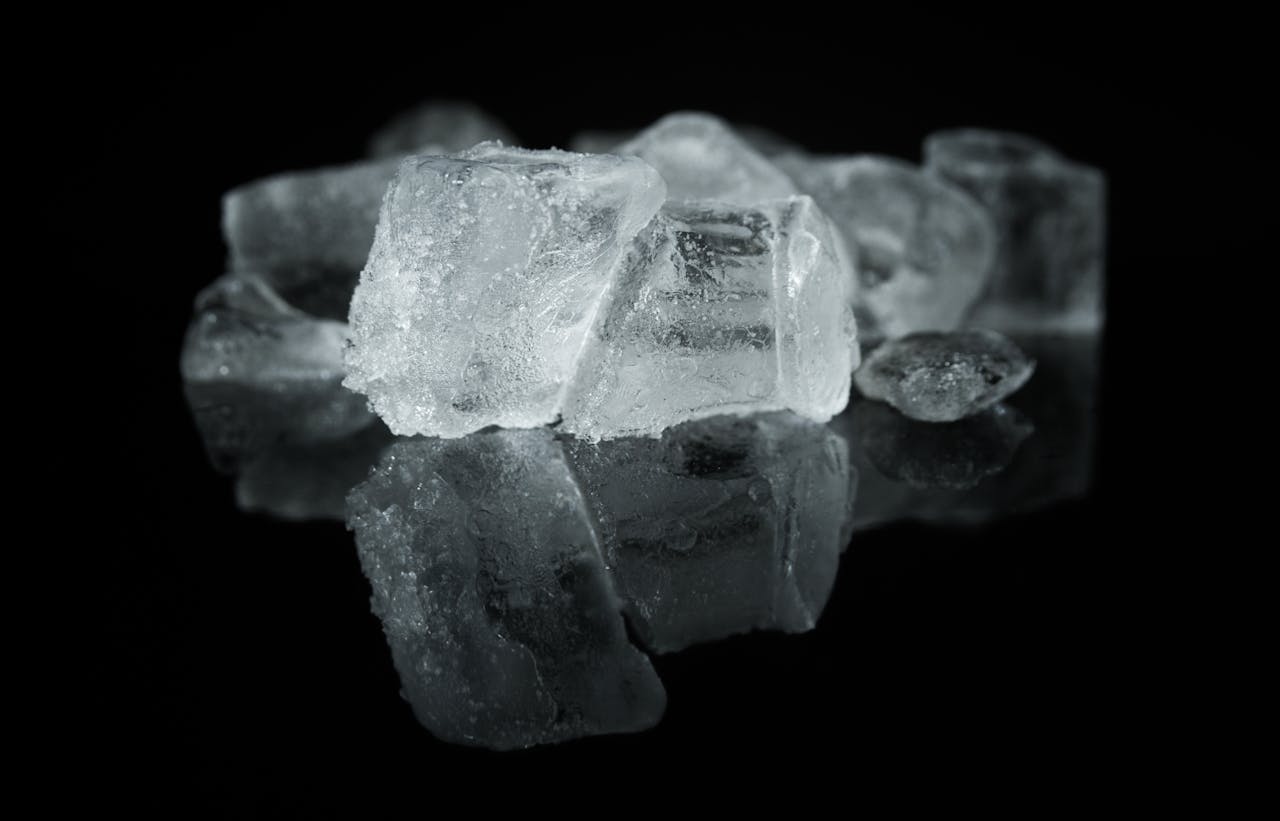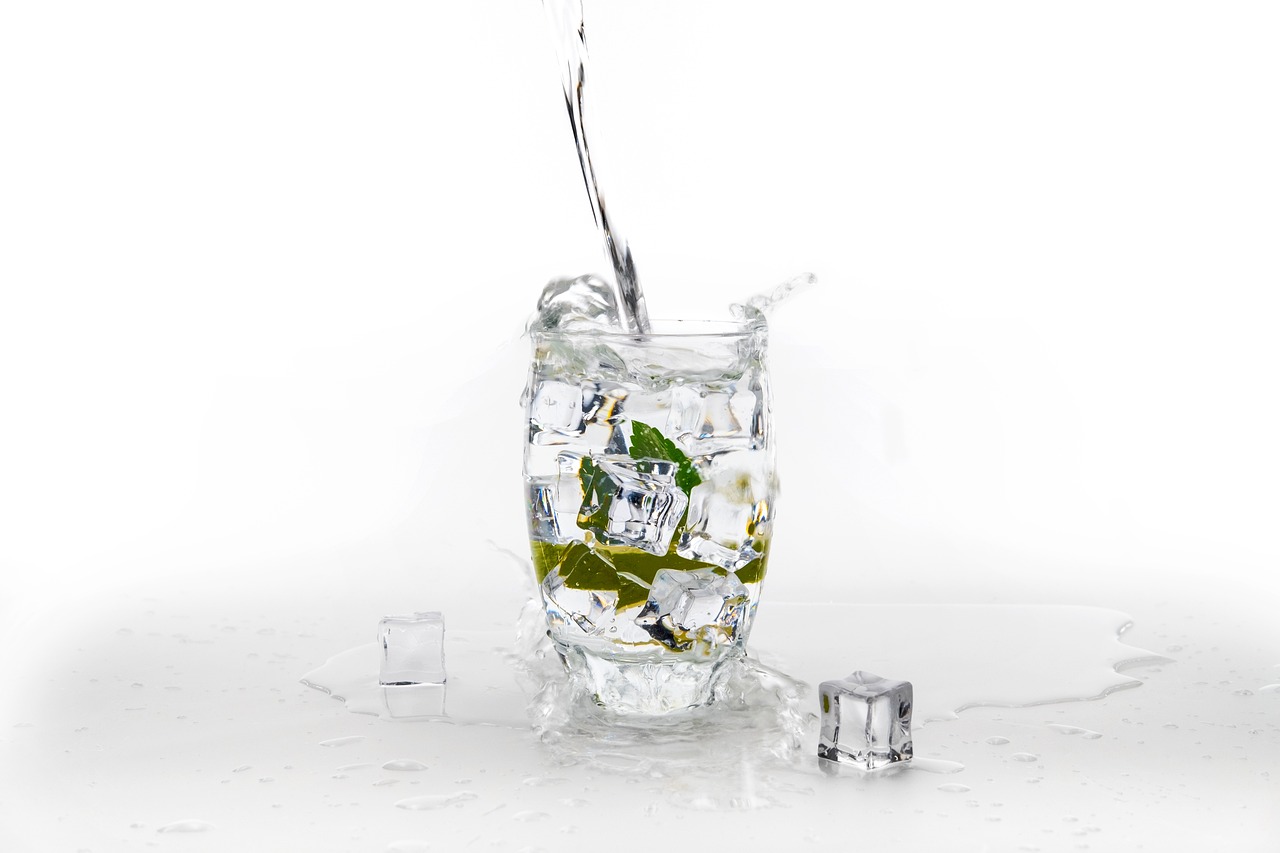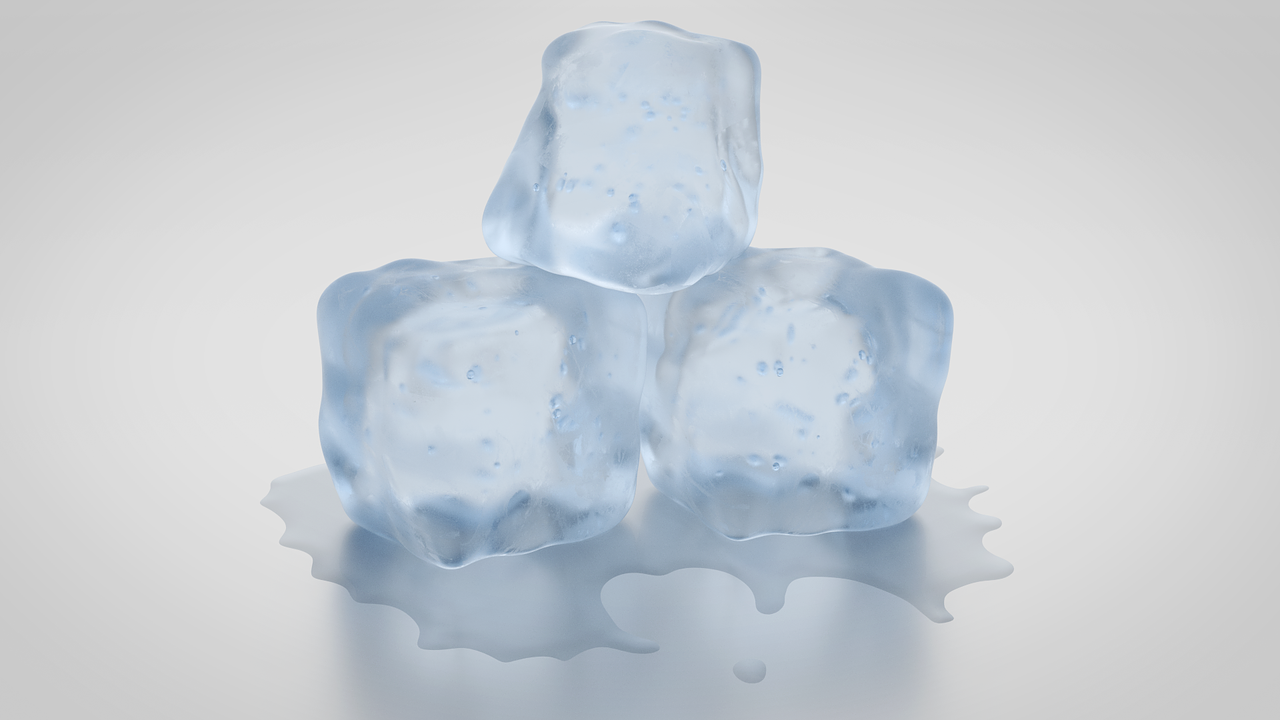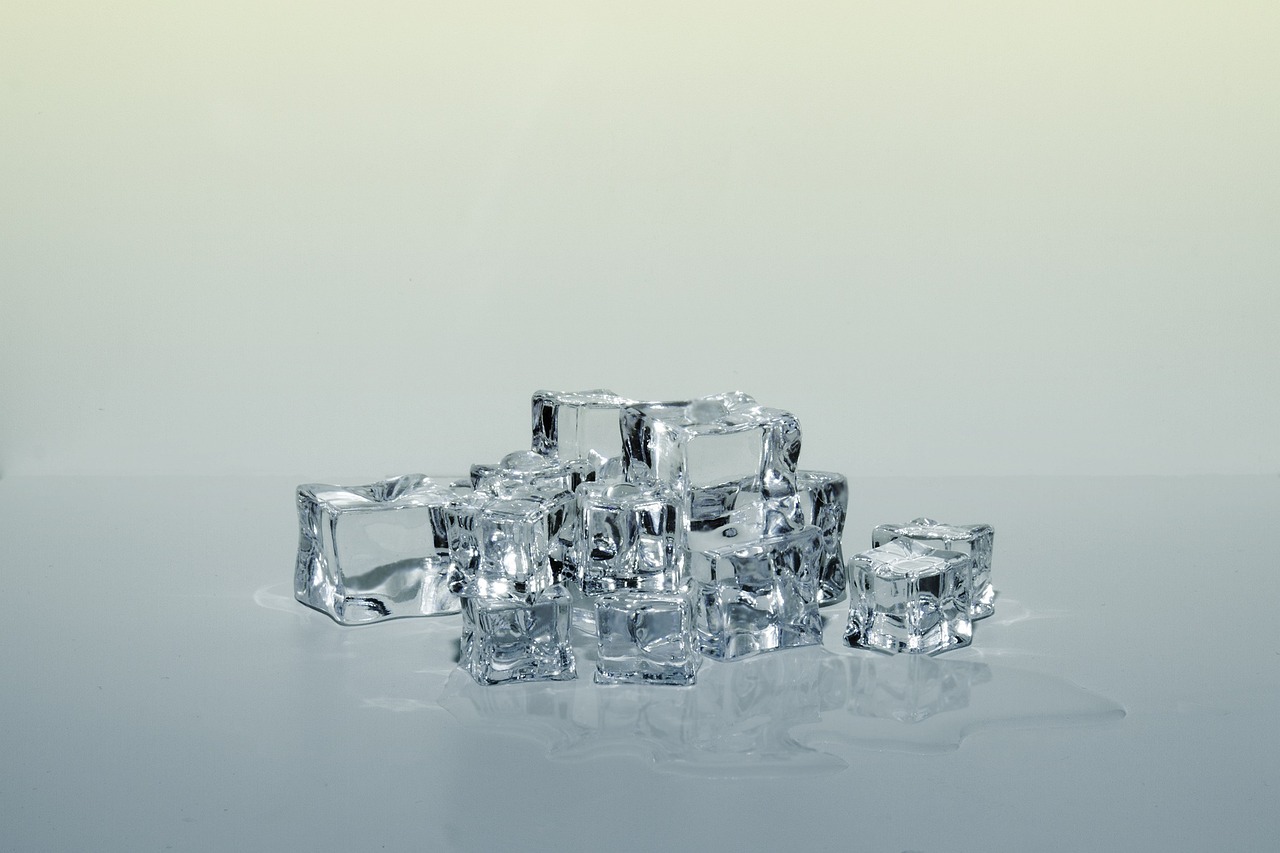Dealing with an icemaker malfunction can be frustrating. But before you grab your tools, consider this: knowing when to fix it yourself or call a professional contractor can save you time and money. Simple issues like clogged filters or loose connections are DIY-friendly. However, complex problems like motor failures, ice maker issues, or refrigerator repair might need expert attention. Understanding the difference can prevent costly mistakes and ensure your icemaker, fridge, or tube problem is fixed and running in no time. Learn how to navigate these situations effectively to keep your cool all year round.

Common Ice Maker Problems
Ice Maker Not Making Ice
When your icemaker is not producing ice, look for common signs such as an empty ice tray or no ice dispensing to fix the icemaker problem. Check for any visible obstructions like ice jams that may hinder the ice-making process in the icemaker and fix them. Consider recent changes in temperature or water supply that could affect the performance of working ice makers.
Clogged Water Filter
Inspect the water filter for clogging or buildup, which can impede water flow to the ice maker. Replace the filter every six months to maintain optimal performance. Monitor water quality to prevent clogs caused by hard water minerals.
Defective Water Inlet Valve
Test the inlet valve for blockages or damage that may hinder water flow. Ensure the valve is thawed if frozen and verify the thermostat settings. Investigate electrical connections if the valve fails to function properly.
Blocked Water Fill Tubes
Examine the fill tubes for debris or ice blockages that can restrict water flow. Thoroughly clean the tubes to restore proper water supply to the ice maker. Replace any damaged fill tubes to ensure a consistent production of ice.
Temperature And Control Issues
Failed Heating Element
Assess the heating element for any visible signs of failure, such as burn marks or breaks. Understand that repairs related to the heating element should be left to a qualified technician. A malfunctioning heating element can result in ice buildup issues within the icemaker.
High Freezer Temperature
Measure the freezer temperature using a thermometer to ensure it falls within the recommended range of 0 to 5 degrees Fahrenheit. If the temperature is too high, adjust the thermostat settings to lower it accordingly. Check the door seals for any leaks that could lead to temperature fluctuations and affect ice production.
Misaligned Control Arm
Inspect the control arm to ensure it is properly aligned and functioning correctly. If the control arm is out of place, realign it to the “ON” position to enable proper ice-making. However, if the control arm appears to be broken or damaged, it is advisable to seek assistance from a professional technician for repairs.
Pause Command Activated
Verify whether the pause command has been accidentally activated, causing the icemaker to stop producing ice. Disable the pause function by following the manufacturer’s instructions to resume normal ice production. If attempts to deactivate the pause command are unsuccessful, it may indicate a more serious issue requiring technician intervention.
Initial Troubleshooting Steps
Check Temperature Settings
Review the current temperature settings of both the fridge and freezer to ensure they are at the recommended levels for ice production. Adjusting these settings can significantly impact the quality and quantity of ice produced. Regularly monitoring temperature fluctuations is crucial to maintain optimal conditions for efficient ice-making.
Inspect Control Arm Position
Confirm that the control arm is in the correct position for ice production. A loose or incorrectly positioned control arm can lead to issues with ice production. Tighten any loose connections to ensure stable operation and replace the control arm if it shows any signs of wear or damage.
Examine The Water Supply Line
Examine the water supply line for any kinks or blockages that could hinder water flow to the icemaker. It’s essential to ensure that the water supply line is securely connected to the water source to prevent interruptions in water delivery. Look out for leaks or cracks along the water supply line that could affect the overall water delivery process.
DIY Fixes For Ice Makers
Replace Water Filter
- Schedule regular filter replacements to ensure the ice maker functions optimally.
- Follow manufacturer guidelines for the correct type of filter suitable for your model.
- Maintain a record of replacement dates to track performance and prevent issues.
Clear Blocked Fill Tubes
- Use warm water or a cleaning solution to clear any blockages hindering ice production.
- Inspect for larger debris that may require more thorough cleaning to prevent future clogs.
- Consider replacing tubes if they are persistently blocked or damaged to ensure smooth operation.
Adjust Control Arm
- Manually adjust the control arm to verify the proper function within the ice maker.
- Test the ice maker after adjustments to confirm improved performance and ice production.
- Monitor the control arm for any future misalignments to prevent further malfunctions.
When To Call A Professional
Electrical Component Failures
Investigate any electrical components for signs of failure or damage. Understand that complex electrical issues may require professional diagnostics. Check fuses and connections to ensure they are secure and functional.
Persistent Water Supply Issues
Identify recurring problems with water supply affecting ice production. Investigate potential sources of blockage or leaks in the supply line. Consult a plumber if water supply issues persist beyond simple fixes.
Complex Mechanical Problems
Recognize when mechanical issues exceed basic troubleshooting. Seek professional assistance for complex repairs that require specialized knowledge. Document symptoms and previous attempts at repair to aid technicians.
Closing Thoughts
Ice maker problems can be frustrating, but understanding common issues, troubleshooting steps, and when to seek professional help can save you time and money. By addressing temperature control malfunctions, and trying simple DIY fixes, you can often resolve minor issues on your own. However, for complex problems or if you’re unsure about handling repairs, it’s best to call a professional to prevent further damage. Remember, regular maintenance and prompt attention to ice maker issues can prolong its lifespan and ensure a steady supply of ice for your needs.
Don’t let ice maker troubles ruin your day. Stay proactive in maintaining your appliance and know when it’s time to seek expert assistance. Your diligence will keep your ice maker running smoothly, providing you with the convenience and comfort you deserve.
Frequently Asked Questions
1. Is It Common For Ice Makers To Experience Problems?
Ice makers can commonly face issues due to various reasons like temperature fluctuations, water supply problems, or mechanical malfunctions. Regular maintenance and proper usage can help prevent many common problems.
2. How Can I Troubleshoot My Malfunctioning Ice Maker?
Start by checking the temperature settings, ensuring the water supply is connected and clean, and inspecting for any visible issues like leaks or clogs. Refer to the manufacturer’s manual for specific troubleshooting steps tailored to your ice maker model.
3. What Are Some DIY Fixes For Ice Maker Problems?
Simple DIY fixes include cleaning the ice maker, replacing the water filter, checking for kinks in the water supply line, and defrosting the unit if ice buildup is detected. These basic steps can often resolve minor issues with your ice maker.
4. When Should I Consider Calling A Professional For Ice Maker Repair?
If you have tried basic troubleshooting steps without success, if there are complex electrical or mechanical issues, or if you are unsure about handling repairs yourself, it’s best to call a professional. They have the expertise and tools to diagnose and fix more challenging problems.
5. How Can I Prevent Future Ice Maker Malfunctions?
Regularly clean and maintain your ice maker, change the water filter as recommended by the manufacturer, monitor the temperature settings, and address any issues promptly. Following these preventive measures can help extend the lifespan of your ice maker and reduce the likelihood of malfunctions.
Zuta Appliance Repair: Expert Icemaker Malfunction Repair For Your Berkeley Kitchen
In the heart of Berkeley, California, Zuta Appliance Repair is your trusted partner for maintaining the functionality and convenience of your home. When your icemaker malfunctions, it can disrupt your kitchen’s efficiency, especially during those hot California days. That’s why we’re dedicated to providing top-tier icemaker repair services. Our expertise ensures your icemaker is back to producing ice efficiently, preventing any inconvenience and keeping your kitchen running smoothly. With Zuta Appliance Repair, you’re not just getting a repair—you’re receiving a commitment to quality, integrity, and reliability, enhancing both your kitchen’s performance and your peace of mind.
Experience comprehensive solutions to all your icemaker issues with Zuta Appliance Repair. Our specialized services are designed to extend the life of your appliance and restore your kitchen’s functionality. Our skilled team, equipped with unmatched expertise and a friendly approach, offers cost-effective solutions that ensure long-lasting results. This is more than just a repair service—it’s about restoring convenience and comfort to your home. Choose Zuta Appliance Repair for an improved lifestyle. Contact us now at (415) 592-4633 and let us get your icemaker back to being a reliable part of your daily life, offering cool convenience and peace of mind.
Disclaimer
The materials available on this website are for informational and entertainment purposes only and not to provide legal or professional advice. You should contact your attorney or home improvement specialist to obtain advice concerning any particular issue or problem. You should not act or refrain from acting based on any content included in this site without seeking legal or other professional advice. The information presented on this website may not reflect the most current home improvement developments. No action should be taken in reliance on the information on this website. We disclaim all liability concerning actions taken or not taken based on any or all of the contents of this site to the fullest extent permitted by law.

